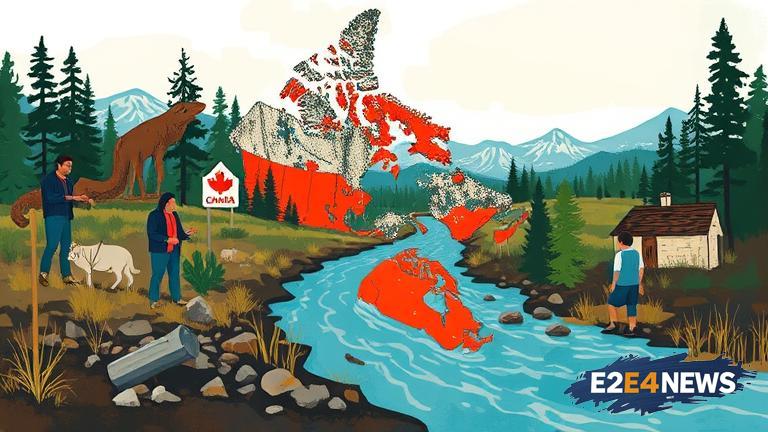Canada’s Indigenous communities have been facing a longstanding issue with access to clean drinking water. Many communities rely on boil water advisories, which have been in place for years, and in some cases, decades. The lack of clean water has led to a range of health problems, including skin conditions, respiratory issues, and other illnesses. The Canadian government has promised to address the issue, but progress has been slow. In 2015, the government committed to ending all long-term boil water advisories on Indigenous reserves by 2021, but that deadline has been pushed back to 2025. Indigenous leaders and advocates have criticized the government for its lack of action, citing a lack of funding and resources as major obstacles. The issue is not only a matter of public health, but also a matter of human rights. The United Nations has recognized access to clean water as a fundamental human right, and Canada’s failure to provide it to Indigenous communities is seen as a violation of this right. The problem is particularly acute in remote and rural communities, where access to clean water is often limited. In some cases, communities have been forced to rely on bottled water, which is expensive and unsustainable. The Canadian government has provided some funding to address the issue, but it is seen as insufficient. Indigenous leaders are calling for a comprehensive approach to addressing the issue, including increased funding, improved infrastructure, and community-led solutions. The issue has also sparked a national conversation about reconciliation and the relationship between Indigenous and non-Indigenous Canadians. Many Canadians are unaware of the extent of the problem and are calling for greater awareness and action. The Canadian government has established a number of initiatives to address the issue, including the First Nations Water Management Strategy, but more needs to be done. The struggle for clean water in Indigenous communities is a complex and multifaceted issue, requiring a comprehensive and sustained response from government, industry, and civil society. Ultimately, the provision of clean water to Indigenous communities is a matter of justice, equality, and human rights, and it is essential that Canada takes immediate and effective action to address this critical issue.
